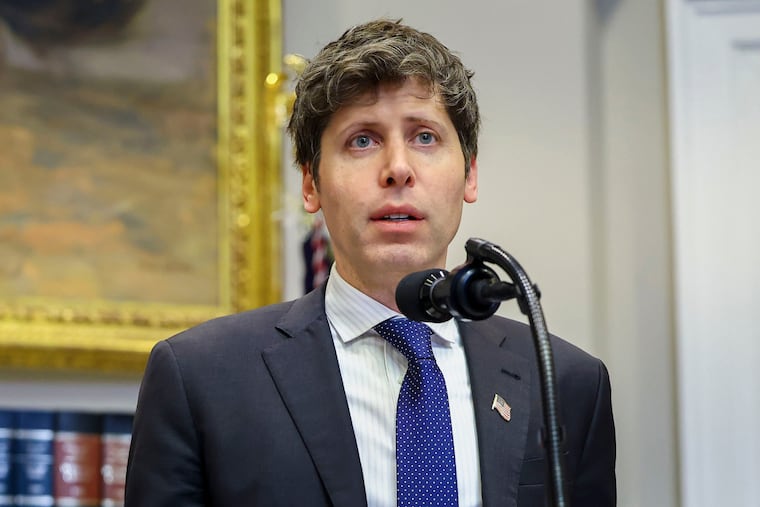Bally’s Casino Faces Criticism Over Plans to Expand in the Bronx
Bally’s Corporation faced a significant setback last week when the City Council voted against proposed land use changes that could have facilitated the establishment of a casino in Ferry Point, Bronx. This decision effectively brought a halt to a project that has ignited fierce opposition within the community, countered by aggressive lobbying efforts from powerful interests supporting the casino initiative.
Some members of the Bronx City Council are now urging the mayor to intervene by vetoing the Council’s recent decision, a request made during the Council’s summer recess. Such a maneuver would leave little opportunity for Council members to respond, raising questions about the mayor’s respect for the legislative process and the voices of local residents.
The call for the mayor’s intervention appears particularly troubling given that it comes from the chairs of the Council’s land use and zoning committees. Their appeal to override a vote that had substantial backing from their colleagues undermines the legislative authority of the Council itself. The mayor’s involvement in this matter could set a precedent, considering that in the past 50 years, overrides of member deference or mayoral vetoes concerning land use issues have been exceedingly rare. Historic instances of override have traditionally involved critical community assets, such as housing or healthcare facilities, rather than a casino focused on gaming.
Proponents of the casino claim that it could serve as a significant financial boon for the Bronx, suggesting that it would generate substantial tax revenue. However, this assertion is questionable. A parallel case in Chicago, where Bally’s was anticipated to alleviate financial strain, has illustrated potential pitfalls; tax revenue from the Bally’s casino in Chicago fell drastically short of projections. In 2023, officials reported only million in tax revenue, which was a mere 25% of what had been anticipated. The following year mirrored this trend, with funds collected only at 47% of projected totals. Such outcomes prompted Fitch Ratings to downgrade Bally’s Corp. due to concerns about its operations.
New York state has witnessed similar challenges with its casinos. A 2020 report from the state comptroller indicated that tax revenues from all four upstate casinos fell significantly below expected figures, with only one establishment meeting its revenue projections by 2022.
Beyond financial concerns, studies indicate that casinos often detract revenue from local businesses, funneling consumer spending into the casinos instead of supporting community establishments. While council members argue that the casino project’s dismissal jeopardizes thousands of union jobs and 5 million in community benefits, these positions overlook the reality that job opportunities would still be available through competing proposals in the region.
Additionally, the so-called community benefits touted by Bally’s largely pertain to addressing infrastructure and public safety issues exacerbated by the casino, rather than delivering genuine enhancements for the local community. The community would not directly benefit from the revenues generated, which would go towards mitigating the adverse economic impacts caused by an influx of visitors.
Instead of pursuing a casino, the Bronx would benefit more from investment in essential services such as senior housing, improved transit systems, and healthcare facilities. The Bronx Metro-North rezoning initiative, aimed at creating over 10,000 construction and hospital jobs, is one avenue being explored to foster economic growth and stability in the area.
As the ongoing conversation surrounding development continues, it becomes evident that the interests of the Bronx community extend far beyond the allure of gambling. The priorities should focus on sustainable growth and enhancing the overall quality of life for all residents.
Media News Source






